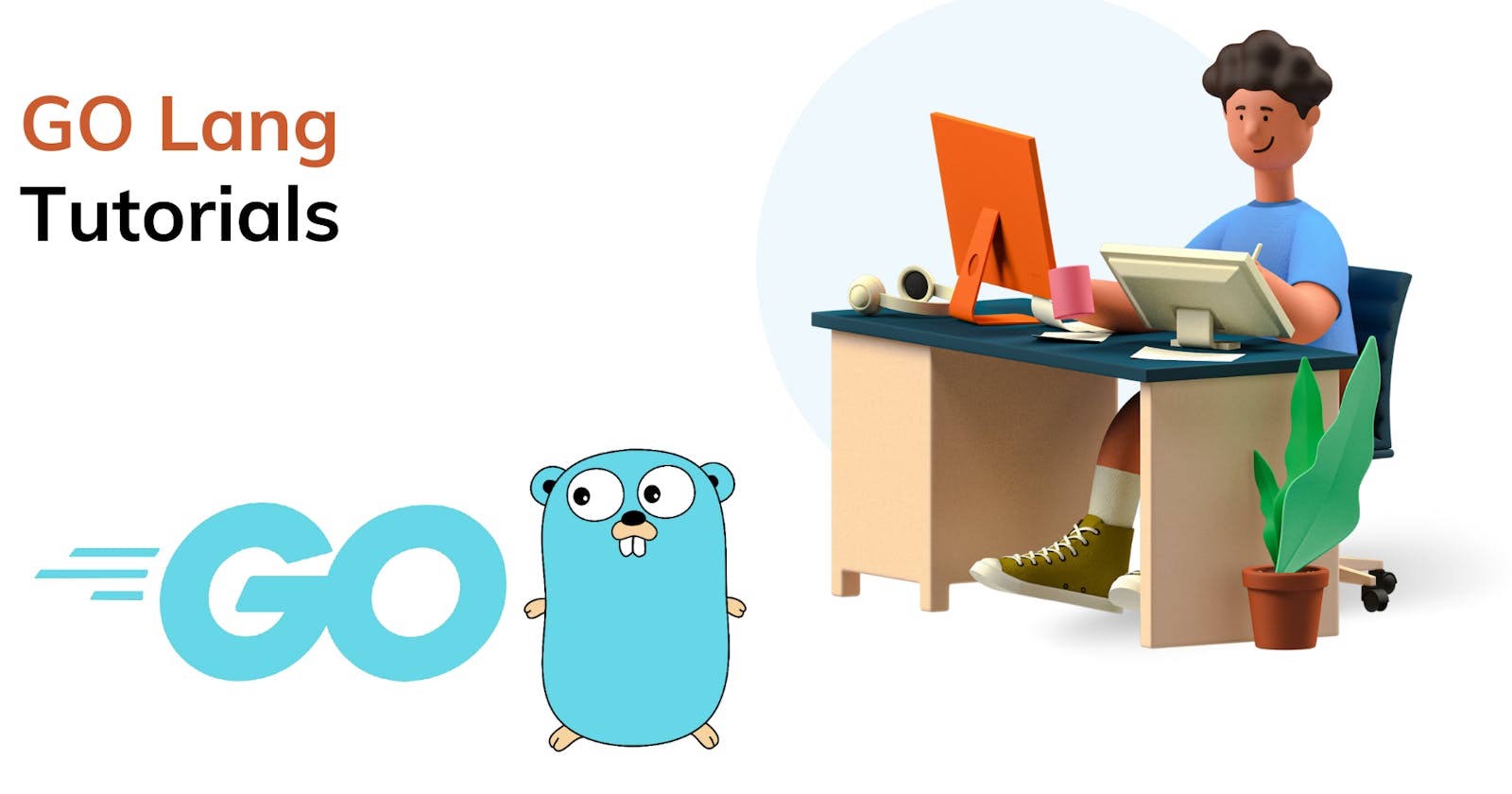In the realm of Go programming, efficient database management is pivotal, and Object-Relational Mapping (ORM) libraries play a crucial role in simplifying database interactions. GORM, Go's prominent ORM, stands tall among several others in the landscape. Let's embark on a comparative journey, dissecting GORM alongside other ORMs in Go, to unravel their strengths, weaknesses, and unique offerings.
Understanding ORM in Go
ORMs in Go facilitate the translation between Go's native structures and the relational databases they interact with. They abstract SQL operations, allowing developers to perform database operations using Go code rather than writing intricate SQL queries manually.
GORM: Simplifying Database Operations
GORM, a leading ORM in the Go ecosystem, offers a robust set of features that streamline database interactions. It simplifies CRUD operations, provides a powerful query builder, handles associations seamlessly, supports migrations, and offers transactional support and error handling.
Comparative Analysis
GORM vs. XORM
XORM, another popular ORM for Go, shares similarities with GORM but differs in certain aspects. While both support basic CRUD operations and associations, GORM boasts a more extensive query building interface. XORM, on the other hand, emphasizes performance and raw SQL capabilities, providing more control over SQL queries.
GORM vs. QBS
QBS, a lightweight ORM for Go, focuses on simplicity and performance. While GORM offers a wide array of features, QBS emphasizes a simpler API, making it easier for beginners. However, GORM's comprehensive feature set may be more appealing for complex applications requiring extensive database interactions.
GORM vs. Storm
Storm, a minimalistic ORM, emphasizes simplicity and ease of use. GORM, with its rich feature set, might appear more complex in comparison. However, GORM's extensive capabilities provide more flexibility and customization options for developers handling complex database scenarios.
GORM vs. Gorp
Gorp, known for its simplicity and ease of use, contrasts GORM's feature-rich nature. Gorp offers a minimalist approach, catering to straightforward database interactions. GORM, while more comprehensive, might be suitable for larger projects requiring advanced database operations.
Comparative Overview
Feature-Richness vs. Simplicity
GORM shines with its extensive feature set, catering to complex database operations, including migrations, hooks, and powerful query building. However, this richness might overwhelm developers seeking simpler solutions, where minimalist ORMs like QBS, Storm, or Gorp might prove more suitable.
Flexibility and Customization
GORM's strength lies in its flexibility and customization options. Developers requiring advanced database interactions and extensive control over queries, associations, and migrations might find GORM's capabilities invaluable compared to the more straightforward ORMs.
Performance Considerations
In terms of performance, XORM and Gorp often stand out for their emphasis on speed and efficiency. Developers working on projects with high-performance requirements might prefer these ORMs over GORM due to their optimized SQL query execution and control.
Learning Curve
While GORM's feature-rich nature might present a steeper learning curve for beginners, it offers a comprehensive solution for complex projects. Conversely, simpler ORMs like QBS, Storm, or Gorp might serve as ideal entry points for newcomers, providing an easier learning curve.
Conclusion
In the diverse landscape of ORMs for Go, GORM emerges as a versatile and comprehensive solution, catering to a wide range of database interaction needs. Its rich feature set, encompassing robust query building, associations, migrations, and extensive customization options, makes it an ideal choice for complex projects.
However, choosing the right ORM depends on project requirements, preferences, and the level of control and simplicity desired. Developers seeking performance optimization might gravitate towards XORM or Gorp, while those prioritizing simplicity may find QBS or Storm more appealing.
Ultimately, understanding the unique strengths and characteristics of each ORM in the Go ecosystem empowers developers to make informed decisions that align with their project goals and requirements.
I hope this helps, you!!
More such articles:
https://www.youtube.com/@maheshwarligade

